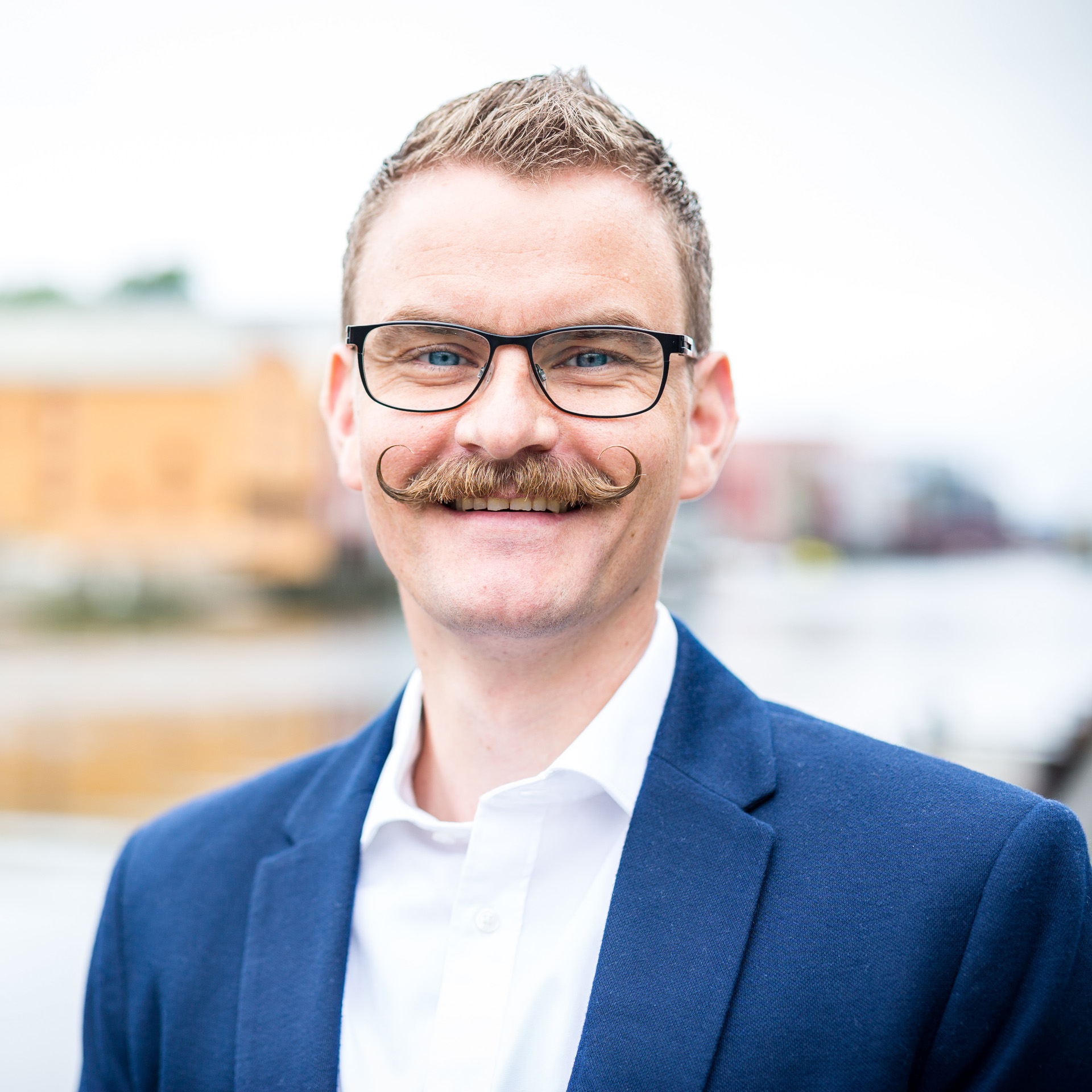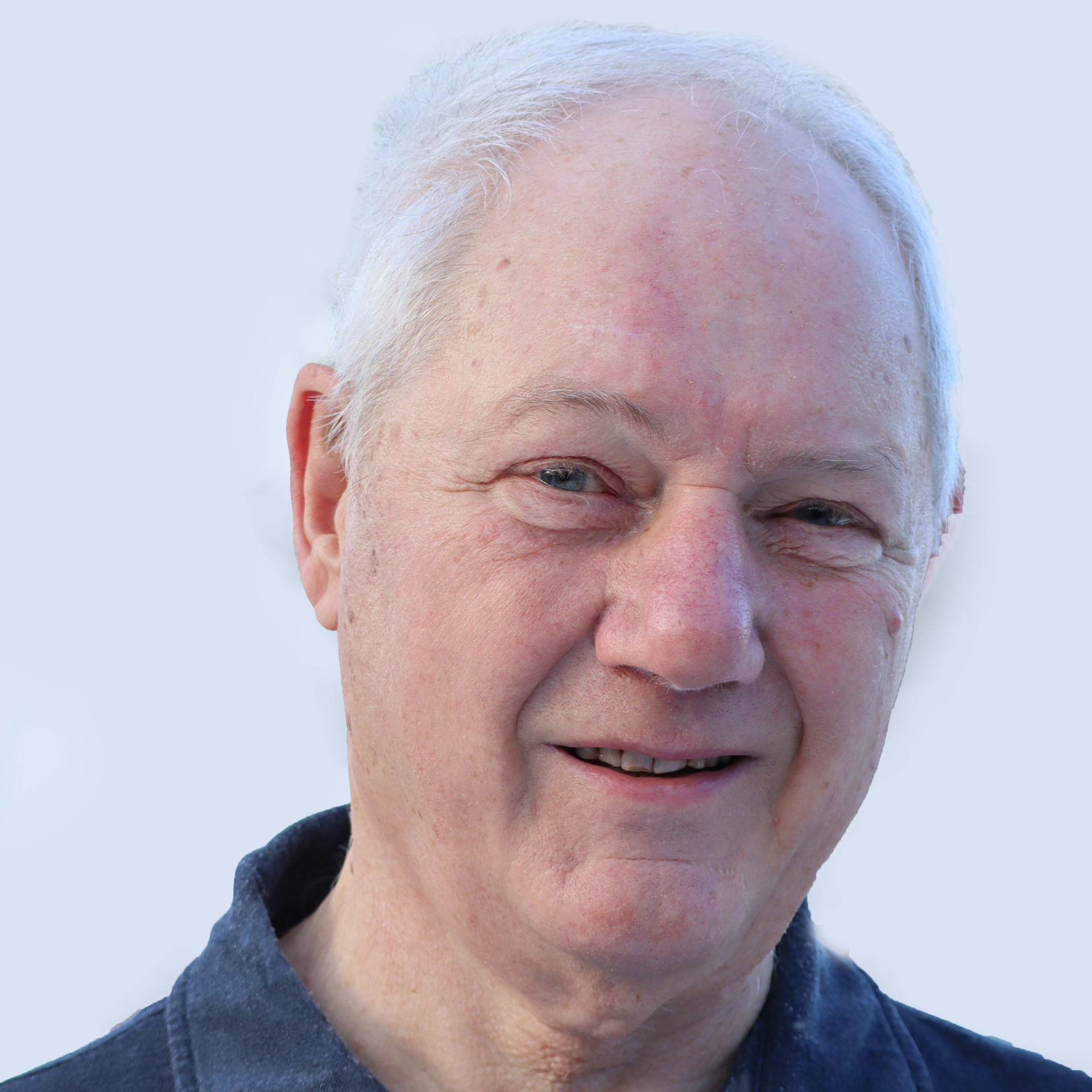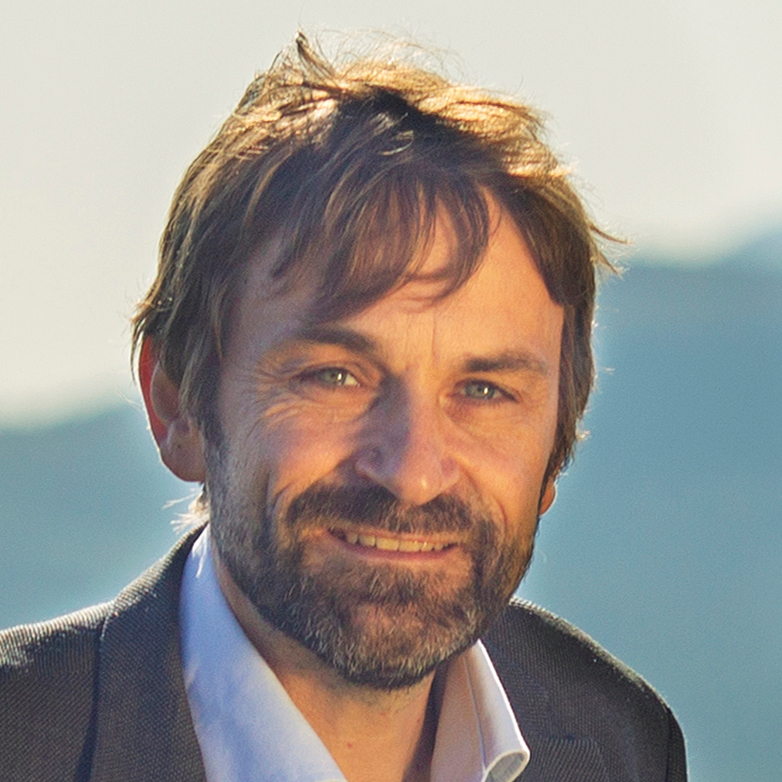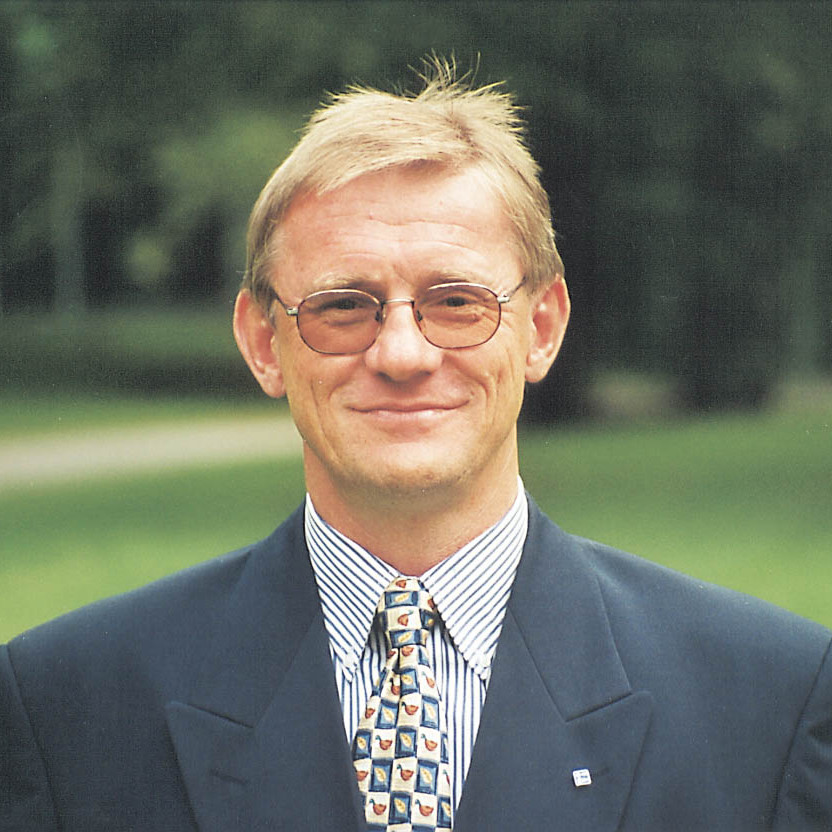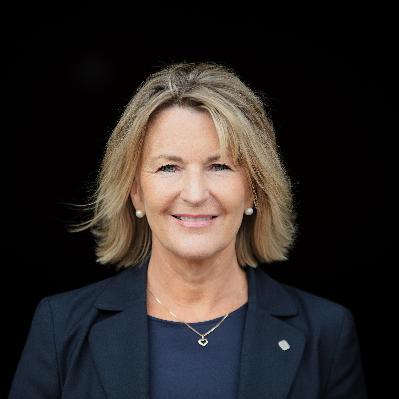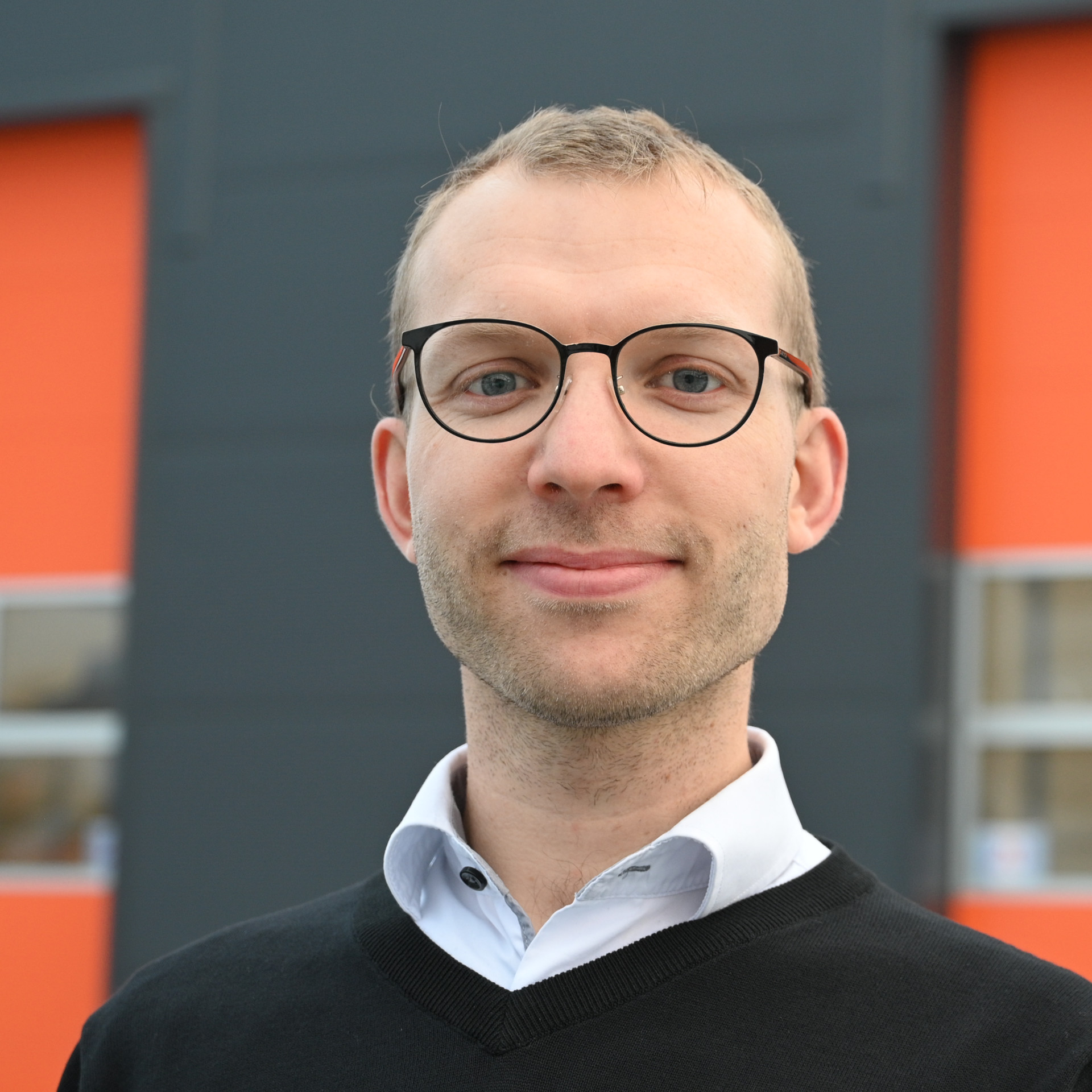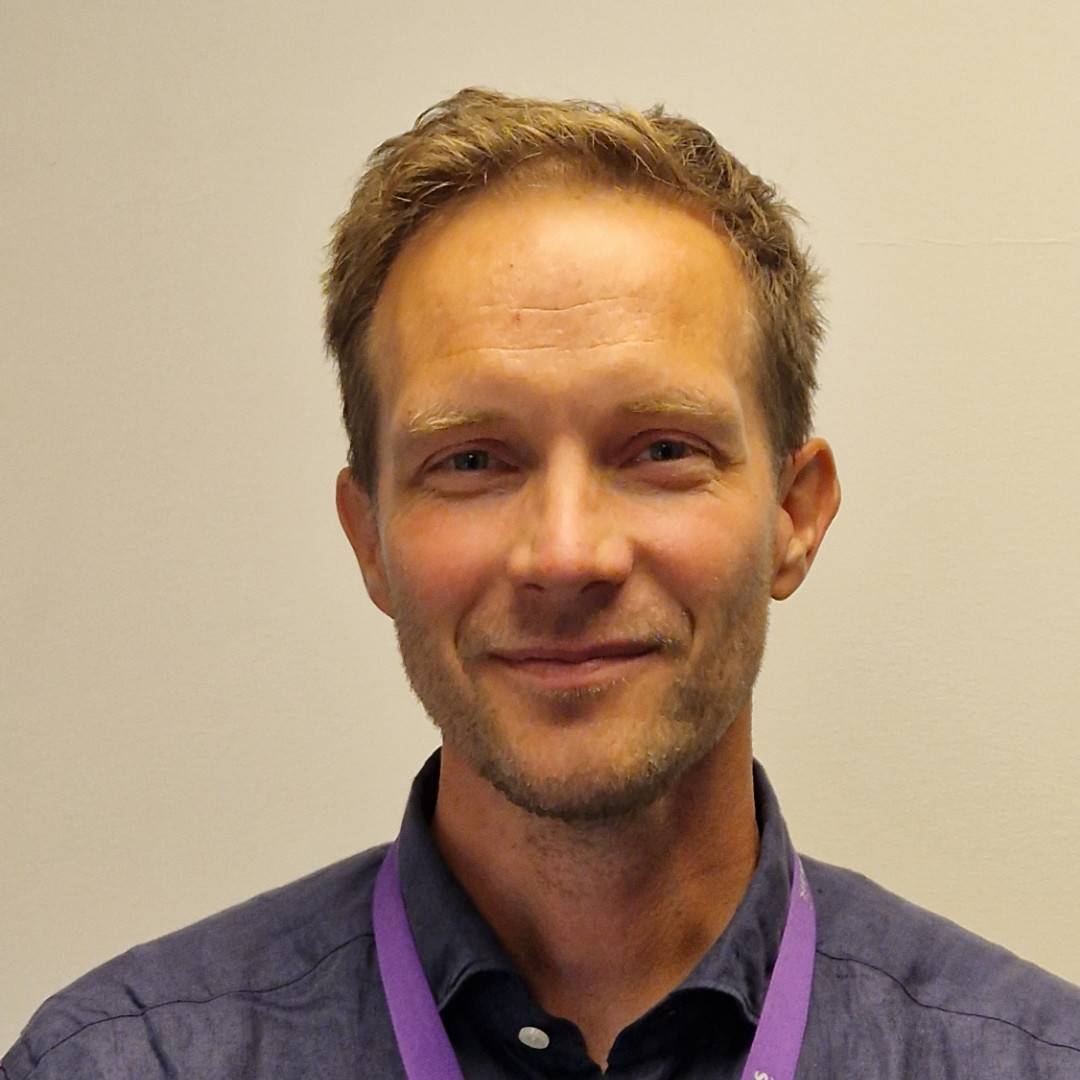Biography:
Head of Chair of Production and Operations Management (POM) Department of Management, Technology and Economics (D-MTEC) ETH Zurich, Switzerland.
Prof. Dr. Torbjørn Netland is Full Professor and Head of Chair of Production and Operations Management (www.pom.ethz.ch) at ETH Zurich, Switzerland. He is a Member of the World Economic Forum’s Global Future Council on Advanced Manufacturing and Value Chains, a Fellow of the European Academy for Industrial Management, President of the POMS College of Operational Excellence, and a Fellow of the European Academy for Industrial Management. His research on achieving and sustaining manufacturing excellence appears in leading scientific journals such as Management Science, Journal of Operations Management, Production and Operations Management, and MIT Sloan Management Review. Torbjørn is the recipient of the 2023 Jack Meredith Best Paper Award of the Journal of Operations Management, two Shingo Research Awards, and numerous teaching awards. He is co-author of the 800-page textbook “Introduction to Manufacturing: An Industrial Engineering and Management Perspective” (Routledge, 2022). Torbjørn is also cofounder of EthonAI (www.ethon.ai)—a startup offering state-of-the-art AI solutions for quality management. Being a dedicated research communicator, he blogs at www.better-operations.com, tweets as @tnetland, and teaches on YouTube at https://www.youtube.com/c/POMETHZurich
Abstract:
In his keynote titled “Breaking Boundaries: New Technologies in Production Management Systems,” Prof. Netland will showcase a variety of research projects conducted in his group in cooperation with industry leaders. By showing examples ranging from explainable AI (XAI) in Siemens to real-time live streaming technology in Stanley Black and Decker, Netland highlights the great potential in new technologies to innovate and improve performance in manufacturing. A key point is that research projects are most effective when they focus on specific technologies and use cases rather than high-level concepts such as “Industry 4.0” and cyber-physical production systems. Prof. Netland also highlights how the IFIP WG5.7 APMS community can conduct innovative and high-impact research for the betterment of future manufacturing.

